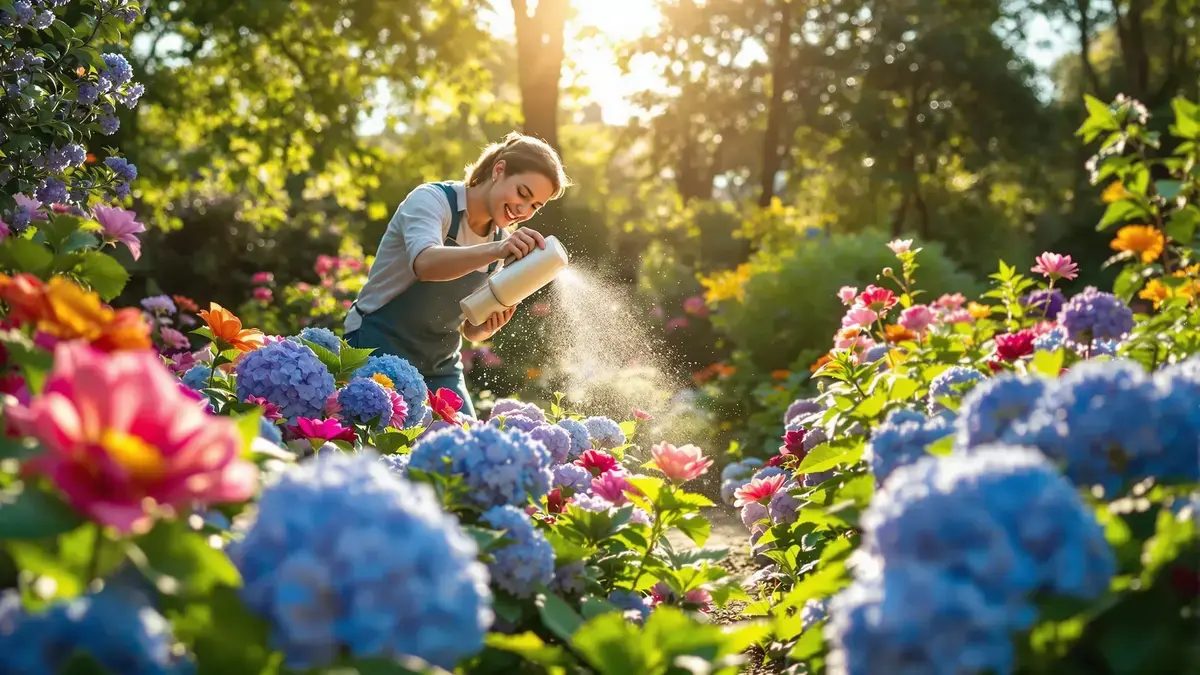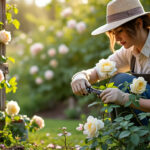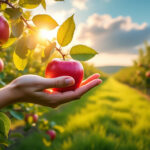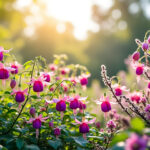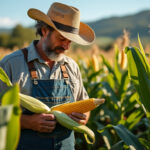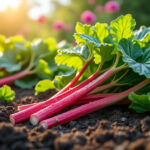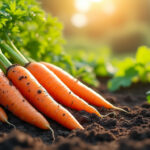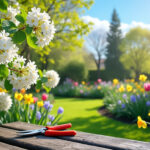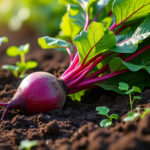English gardeners have discovered a natural and non-toxic way to combat slugs: baking soda. This product works by irritating and dehydrating gastropods, driving them away from their precious plants. Unlike metaldehyde pellets, this method respects the ecosystem by protecting beneficial animals and enhancing soil quality without harming biodiversity. A true pillar of sustainable gardening.
The key information
- English gardeners use baking soda as a natural solution against slugs.
- This non-toxic product dehydrates and repels slugs while preserving the ecosystem.
- It protects beneficial animals and enhances soil quality.
- Baking soda also fights fungal diseases and promotes the color of blue hydrangeas.
English gardeners combat slugs with baking soda
English gardeners, keen to preserve the integrity of their gardens, have developed a clever and natural method to get rid of pesky slugs. Indeed, they use baking soda as a valuable ally in this battle against gastropods. This simple yet effective solution represents an eco-friendly alternative to chemical treatments that are often harmful to the environment.
A natural and non-toxic ally
Baking soda works by irritating and dehydrating slugs, encouraging them to stay away from fragile and delicate plants. Unlike metaldehyde pellets, which can be harmful to other forms of life, this method respects the ecosystem. It protects beneficial animals such as hedgehogs, toads, and birds, which are essential to the natural balance of the garden.
Improving soil quality
In addition to driving away slugs, baking soda also contributes to improving soil quality without harming biodiversity. Its ability to enrich soil while preventing slug invasions makes it invaluable for those wishing to adopt sustainable practices. Moreover, it can promote better plant growth by maintaining a healthy environment.
These eggs signal the return of this formidable parasite in gardens, worse than Asian hornets
Practical application method
To effectively use baking soda, simply sprinkle it around sensitive plants, creating a protective barrier against slugs. To maximize its effectiveness, it is advisable to mix the baking soda with flour, sawdust, or ashes, thereby increasing its repellent power. This combination works particularly well to protect seedlings and young plants, allowing them to grow without fear of being damaged.
A dual benefit for the garden
In addition to its role in prevention against slugs, baking soda proves to be a powerful ally in the fight against fungal diseases, contributing to the overall health of plantings. It is also known to enhance the intensity of the color in blue hydrangeas, an aesthetic touch that delights gardeners. However, it is essential to ensure that the source of baking soda is pure, without additives, to guarantee optimal use in the garden.
Symbolism of sustainable gardening
In summary, baking soda stands as a symbol of truly sustainable and eco-friendly gardening methods. It demonstrates that it is possible to combine effectiveness with respect for the environment, offering a solution to gardeners concerned about their ecological impact while preserving the beauty of their gardens.

